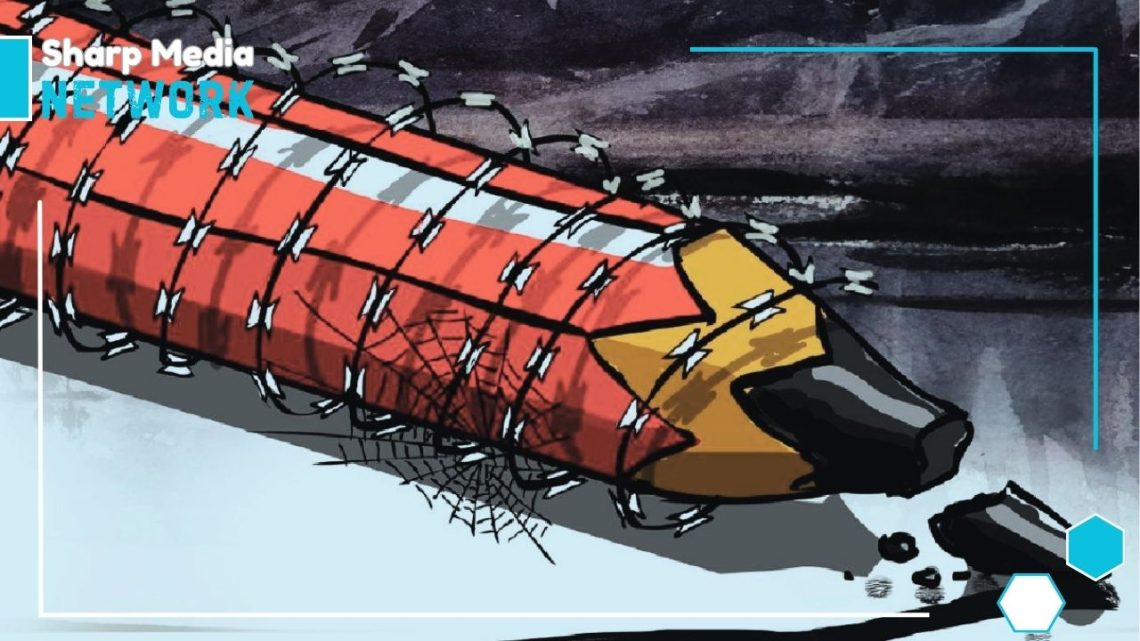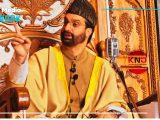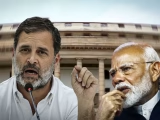
The Repressive State of ‘Journalism’ in India and IIOJK
February 1, 2025Independent journalism in IIOJK and across India faces unprecedented repression under Modi’s government, with journalists subjected to harassment, intimidation, and threats in a bid to silence dissenting voices.
Independent journalism in Indian Illegally Occupied Jammu and Kashmir (IIOJK) and India is enduring an era of heightened repression under the rule of Narendra Modi’s government. Journalists and media outlets are increasingly being targeted through harassment, intimidation, and coercion, as the ruling BJP continues to push its Hindutva agenda by aligning the press with its political narrative.
The Modi regime’s systematic dismantling of press freedom has created a toxic environment for journalists in both India and IIOJK. Journalists who report on the failures of the government or criticize BJP policies are often met with intense online abuse, death threats, and social media harassment from Hindutva forces. Those who attempt to expose the truth are subjected to relentless intimidation and targeted harassment designed to suppress free reporting and critical discourse.
Since the revocation of IIOJK’s special status on August 5, 2019, the situation for Kashmiri journalists has drastically worsened. Journalists in the region are routinely charged under draconian laws such as the Unlawful Activities (Prevention) Act (UAPA) for publishing factual accounts of life in the occupied territory. These journalists often face arbitrary detentions, denial of accreditation, and passport confiscation, all aimed at preventing them from reporting the harsh realities of India’s illegal occupation. The chilling effect on journalism in IIOJK has made it nearly impossible for reporters to cover the region’s issues without fear of retribution.
In the rest of India, the situation is equally bleak. Media outlets are under immense pressure to conform to the BJP’s ideology, with the ownership of major media houses falling into the hands of BJP and RSS-linked business tycoons. These entities promote Hindutva-driven narratives while sidelining or silencing dissenting voices. Investigative journalism and impartial reporting are becoming increasingly rare, as journalists face relentless abuse, death threats, and targeted harassment from Hindutva mobs. Critical reporting on the Modi government’s failures, human rights violations, and corruption is systematically vilified.
The decline in press freedom in India is starkly reflected in global rankings like the Press Freedom Index, where India’s standing has plummeted in recent years. Journalists who dare to expose uncomfortable truths about the government are increasingly vulnerable to attacks, both online and offline, leaving the media landscape dominated by a pro-government narrative.
Press freedom advocates have called on the international community to take immediate action to protect journalists in India and IIOJK. Without intervention, they warn, the erosion of democratic values in the region will deepen, depriving millions of people in India and Kashmir of access to unbiased news and information. The state’s efforts to control the media are a direct threat to democracy and free speech, and unless the world acts, the situation may become even more dire for journalists and the public they serve.

